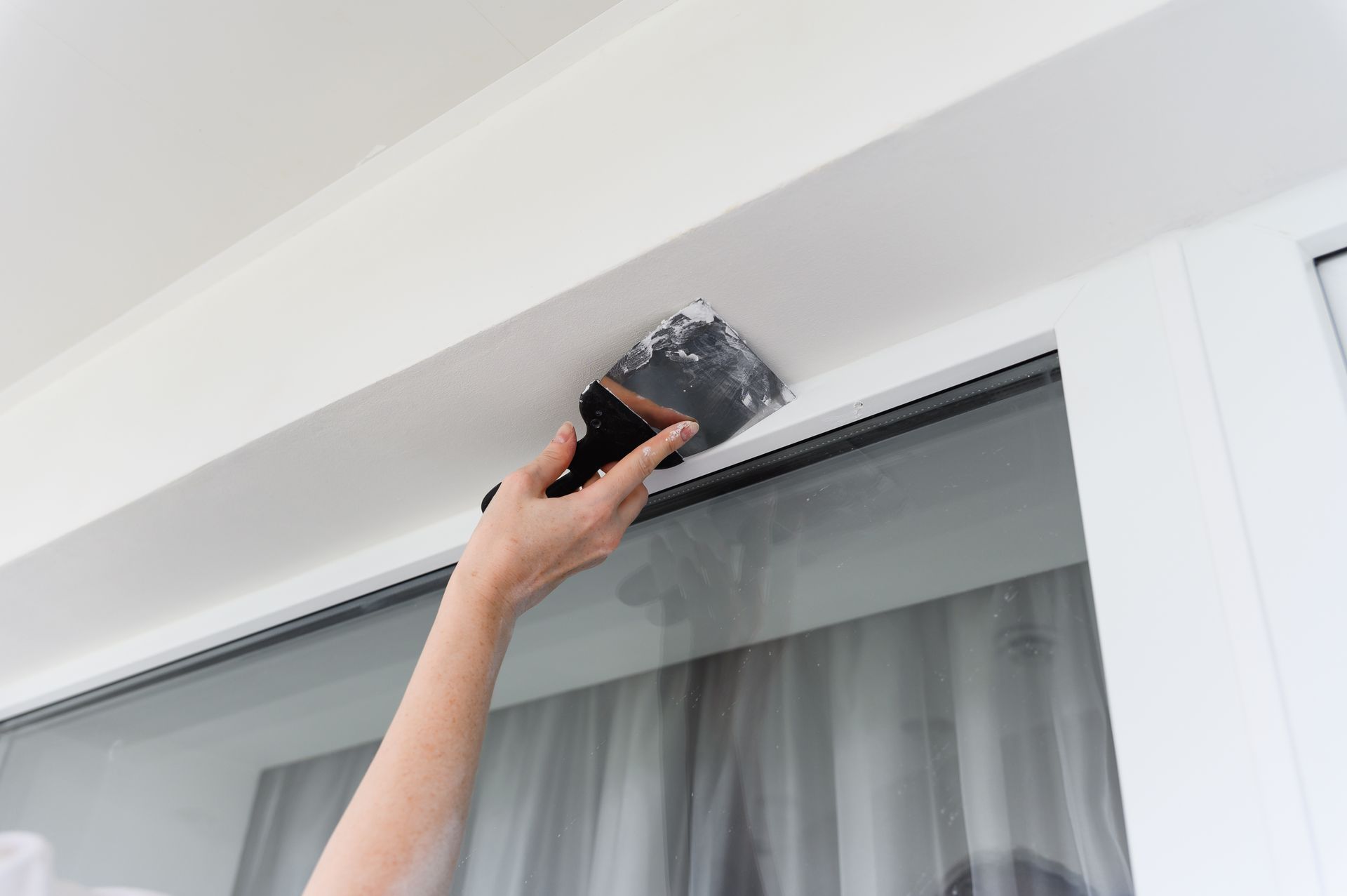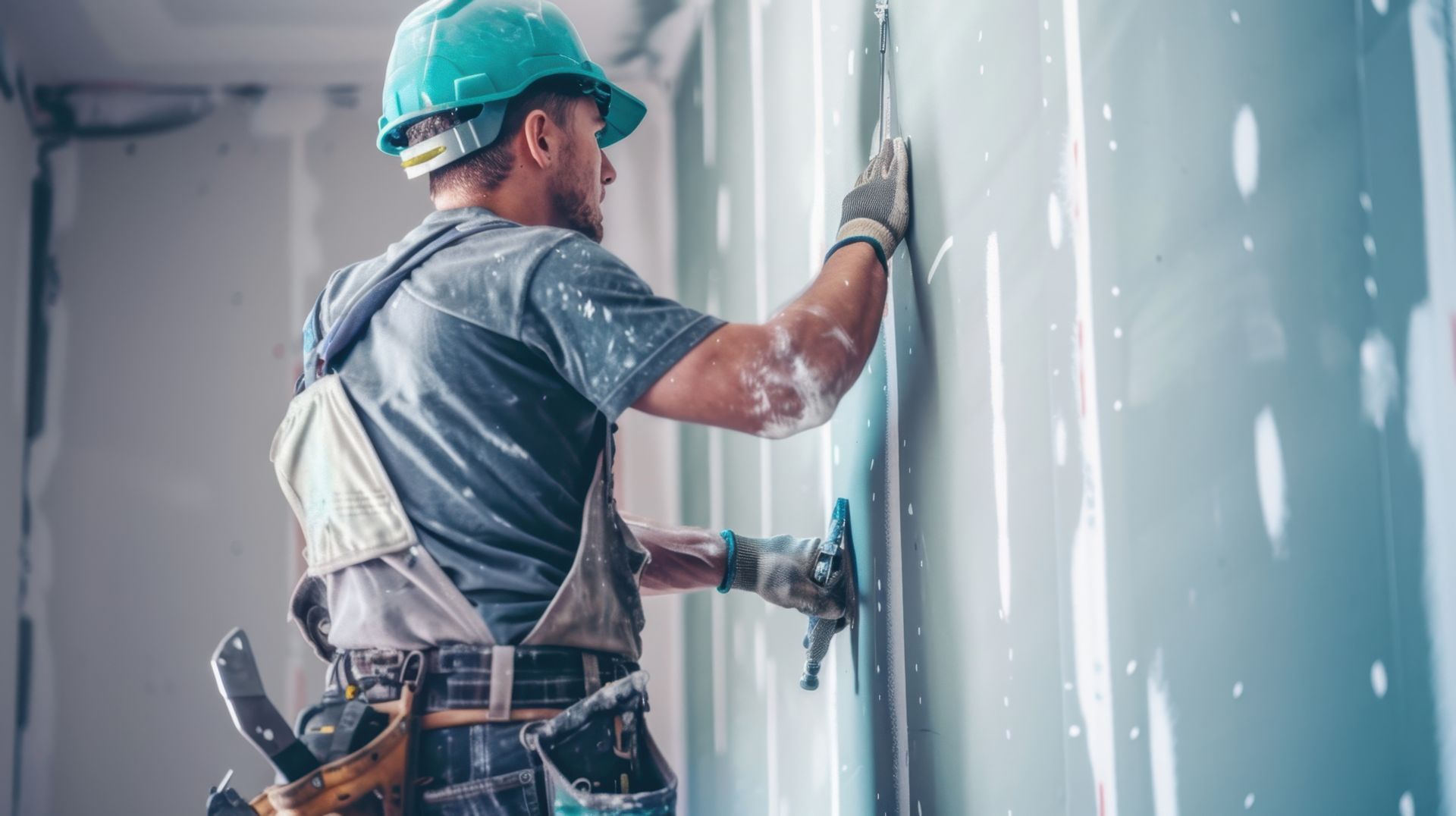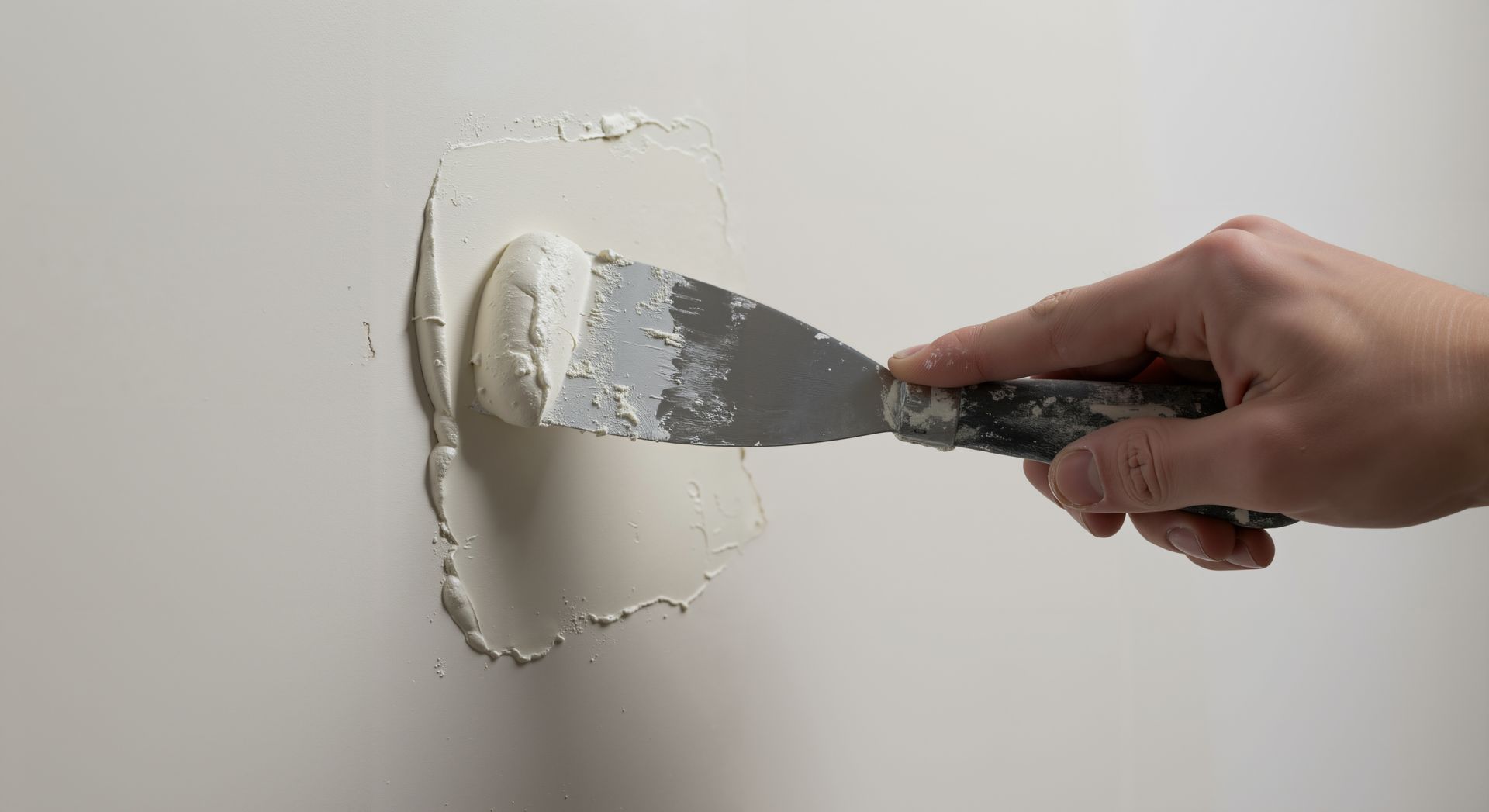Repair or Replace? Expert Tips for Your Drywall Dilemma

When it comes to maintaining the walls in your home, drywall is a crucial component that can experience wear and tear over time. Whether you’re dealing with minor scuffs or more significant damage, knowing whether to repair or replace your drywall can be confusing. Luckily, drywall contractors Phoenix, like Professional Home Repair, are skilled at assessing the situation and recommending the best solution for your specific needs. This post will explore the various factors that contractors consider when deciding between repairing and replacing drywall, from the extent of the damage to the overall cost and convenience.
Minor Dents Vs. Large Holes and Cracks
When assessing drywall, the first thing contractors look at is the extent of the damage.
Minor Dents and Scratches
Small dents or light surface damage, like nail holes, can usually be fixed with a simple patch or touch-up. Contractors often recommend using a bit of joint compound to fill these imperfections, followed by light sanding and repainting. These repairs are quick and affordable, making them an easy DIY or professional fix.
Larger Holes and Cracks
For more substantial damage, like large holes or deep cracks, repair becomes more complex. If the hole is bigger than 6 inches, contractors may need to replace a section of the drywall rather than just patching it. Large cracks may also indicate deeper issues with the wall’s structure, requiring a more thorough inspection. At this point, drywall contractors in Phoenix may suggest replacing part or all of the drywall to ensure the damage is properly addressed.
When Water Damage Makes Replacement Necessary
Water damage and mold growth are common issues in homes that require serious attention. Water-damaged drywall is often a sign that replacement is necessary, as repair alone may not resolve the issue.
Minor Water Stains
If the water damage is superficial, such as slight discoloration from a minor leak, a contractor may opt to repair the area. However, the source of the leak must be fixed before any repair is made to prevent future damage.
Extensive Water Damage
When the drywall has been soaked or shows signs of mold, replacement is generally the safest option. Mold can quickly spread behind the walls, posing health risks and damaging the structure. In such cases, contractors typically remove the affected section of drywall and replace it with new material to eliminate the risk of mold recurrence.
Issues That Could Compromise the Integrity of the Entire Wall
Structural concerns in drywall can range from sagging panels to cracks that indicate a shift in the foundation or framing. Drywall contractors in Phoenix will always check for underlying issues that could compromise the wall’s integrity.
Sagging Drywall
If the drywall is sagging or buckling, it could be due to moisture buildup, poor installation, or structural problems. In these cases, contractors will recommend replacement, as patching won’t solve the root cause of the issue.
Cracks Related to Foundation Problems
If the cracks in the drywall are a result of foundation shifts, this points to a more significant structural problem. Simply patching these cracks won’t prevent them from reappearing. Contractors will advise on fixing the foundation first, followed by replacing the affected drywall sections to prevent future issues.
The Price Difference Between Patching and Replacing Drywall
Cost is a major factor in deciding whether to repair or replace drywall. Drywall contractors will often provide a cost comparison to help homeowners make an informed choice. To learn more how professional contractors can help you, read “Drywall Contractors: Your Renovation BFFs.”
Cost of Repair
Repairing minor damage is generally affordable, ranging from $50 to $100 per small repair, depending on the complexity and size of the issue. This option is best for minor dents, scratches, or small holes that can be patched quickly.
Cost of Replacement
Replacing drywall is more expensive, especially if large sections need to be removed. The average cost for drywall replacement ranges from $1.50 to $3.50 per square foot. In cases of severe water or structural damage, the costs can rise significantly due to additional labor and materials.
How Long Repairs Vs. Replacements Take and How It Affects Homeowners
Time is another important consideration for homeowners, especially when deciding between a quick repair and a full drywall replacement.
Time for Repairs
Minor drywall repairs are relatively quick, often completed in a few hours to a day. This makes them a convenient option for homeowners who don’t want to deal with major disruptions in their living space.
Time for Replacement
On the other hand, drywall replacement can take several days, depending on the size of the area and the extent of the damage. Replacing drywall involves removing the damaged sections, installing new drywall, taping, mudding, and sanding. This process can be disruptive, particularly in high-traffic areas of the home, which is why homeowners should plan accordingly if a large-scale replacement is necessary.
Conclusion
In deciding whether to repair or replace your drywall, it’s essential to consider factors such as the extent of the damage, potential water or mold issues, structural concerns, and the cost of the project. While repairs are suitable for minor issues, larger problems often require full replacement to ensure the wall’s safety and integrity. Consulting with drywall contractors in Phoenix will give you a clear idea of what’s needed to maintain your walls and keep them in top shape.
Are you facing issues with your drywall and not sure if repair or replacement is the best solution? Contact
Professional Home Repair today to get an expert opinion tailored to your situation. Whether it’s a minor patch or a full replacement, experienced contractors can provide the right fix for your needs. Don’t let damage linger—get your walls looking perfect again with professional help.
Reach out now and ensure your home’s structure remains solid and safe.
You might also like
Professional Home Repair Blog





